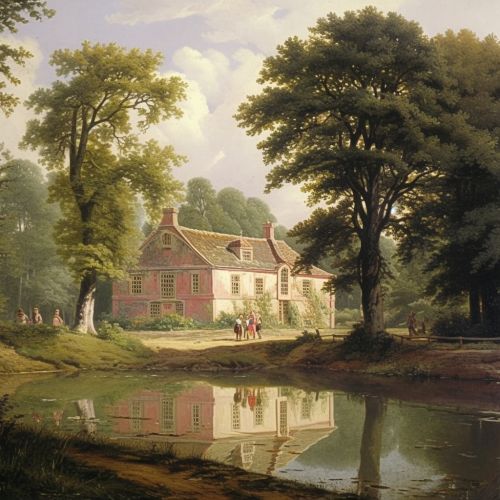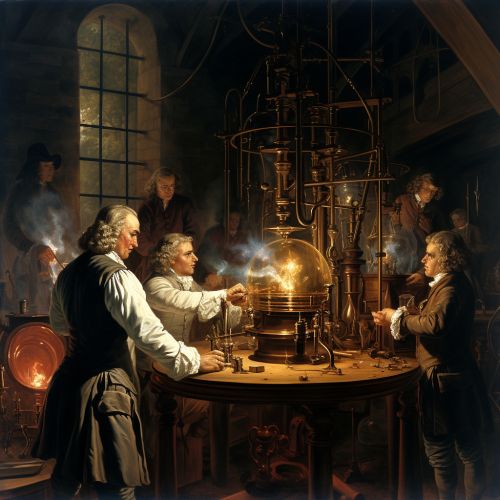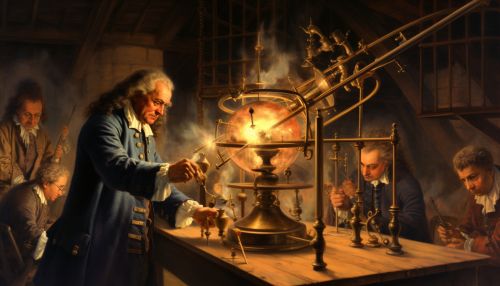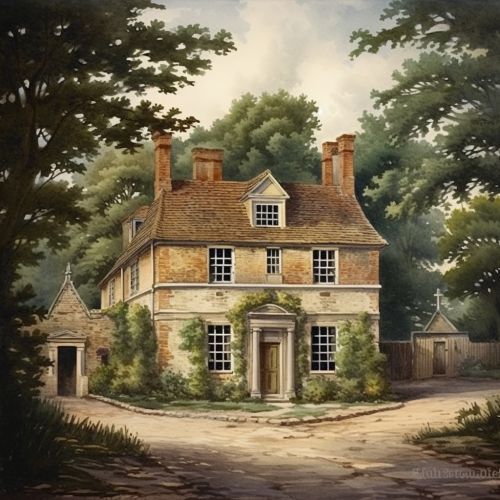Henry Cavendish
Early Life
Henry Cavendish was born on October 10, 1731, in Nice, France, to Lord Charles Cavendish and Lady Anne Grey. His father, Charles Cavendish, was a distinguished member of the British noble class and a well-known natural philosopher. His mother, Lady Anne Grey, was the daughter of the Duke of Kent. Cavendish was the eldest of three children.


Cavendish received his early education at home under private tutors. He later attended the Cambridge University, but left without obtaining a degree. Despite this, his time at Cambridge was influential in shaping his interest in natural philosophy, a field he would later make significant contributions to.
Scientific Contributions
Cavendish made many significant contributions to the fields of chemistry and physics. He is perhaps best known for his discovery of hydrogen gas, which he referred to as "inflammable air". He made this discovery through a series of experiments involving the reaction of metals with acids, which produced a gas that he found to be lighter than air and capable of combustion.


In addition to his discovery of hydrogen, Cavendish also conducted experiments on electrical phenomena. He was one of the first scientists to study the properties of capacitors and made significant contributions to our understanding of electrical conductivity. His work in this area laid the foundation for the development of the field of electrochemistry.
Cavendish's most significant contribution to the field of physics was his measurement of the Earth's mean density, also known as the Cavendish Experiment. Using a torsion balance, he was able to calculate the gravitational constant and, from this, the mass of the Earth. This was a groundbreaking achievement and marked a significant advancement in the field of gravitational physics.
Personal Life and Legacy
Cavendish was known for his reclusive nature. He avoided social interactions and was often described as eccentric. Despite his wealth and noble lineage, he lived a life of simplicity and was known to have few personal possessions.


Cavendish never married or had children. He died on February 24, 1810, and left his considerable fortune to his relative, the Duke of Devonshire. His scientific work, however, left a lasting legacy. His experiments and discoveries laid the groundwork for many future scientific advancements. Today, he is remembered as one of the pioneers of modern chemistry and physics.
